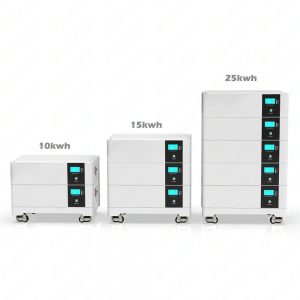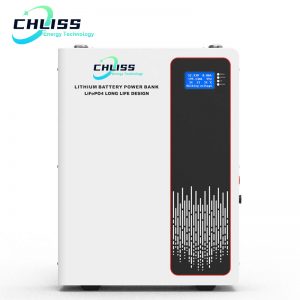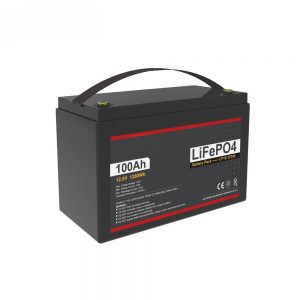Solar Applications
Solar Applications encompass a wide range of technologies and solutions that harness the abundant energy of the sun for various purposes. In the field of architecture, Solar Applications refer to the integration of solar panels into buildings, which generate renewable energy and reduce reliance on traditional power sources. These solar-powered buildings not only help reduce carbon emissions but also lower energy costs for occupants.
In the energy sector, Solar Applications play a vital role in the transition to clean and sustainable power generation. From solar farms to rooftop solar installations, solar photovoltaic systems capture sunlight and convert it into electricity. This renewable energy source is not only environmentally friendly but also helps create a decentralized and resilient energy grid.
Solar Applications are also transforming the agricultural industry. Solar-powered irrigation systems provide water for crops using solar energy, which reduces water usage and promotes more efficient farming practices. Additionally, solar-powered devices such as pest control systems and monitoring sensors enhance productivity and improve crop yield.
Furthermore, Solar Applications have extended to transportation, with solar-powered charging stations for electric vehicles becoming increasingly popular. These charging stations utilize the sun’s energy to supply clean and sustainable power to EVs, reducing reliance on fossil fuels and contributing to a greener transportation system.
Overall, Solar Applications offer innovative solutions to tackle the challenges of climate change, energy security, and environmental sustainability. By harnessing the power of the sun, these applications provide clean and renewable energy options for various sectors, contributing to a more sustainable future for all. As technology continues to advance and costs further decrease, it will continue to play a pivotal role in achieving a cleaner and more sustainable society.
Showing 1–12 of 76 resultsSorted by latest
-
Chliss pure solar ac power lit air conditioner solar
solar air conditioner Original price was: $680.00.$662.00Current price is: $662.00. -
Chliss solar air-conditioner window type with panels and battery
solar air conditioner Original price was: $680.00.$662.00Current price is: $662.00. -
Chliss solar air conditioner wall split cabinet air conditioner
solar air conditioner Original price was: $680.00.$662.00Current price is: $662.00. -
Chliss solar dc cell air conditioner off grid 9000btu 12000btu
solar air conditioner Original price was: $680.00.$662.00Current price is: $662.00. -
Chliss solar energy solar for air conditioner 12000btu 15000btu 24000btu
solar air conditioner Original price was: $680.00.$662.00Current price is: $662.00. -
Chliss solar panels and inverter hybrid for air conditioner
solar air conditioner Original price was: $680.00.$662.00Current price is: $662.00. -
Chliss solar mini split ac air conditioner
solar air conditioner Original price was: $680.00.$662.00Current price is: $662.00. -
Chliss solar mini split off grid air conditioner with battery
solar air conditioner Original price was: $680.00.$662.00Current price is: $662.00. -
Chliss solar panel ac/dc air conditioner with batteries
solar air conditioner Original price was: $680.00.$662.00Current price is: $662.00. -
Chliss Hybrid Cooling Heating Solar Power Air Conditioner Split Unit 12000Btu 18000Btu 24000Btu Air Conditioning System
solar air conditioner Original price was: $680.00.$662.00Current price is: $662.00. -
Chliss solar powered ac air conditioner for home 24000 btu
solar air conditioner Original price was: $680.00.$662.00Current price is: $662.00. -
Chliss solar product solar powered window portable air conditioner
solar air conditioner Original price was: $680.00.$662.00Current price is: $662.00.

















